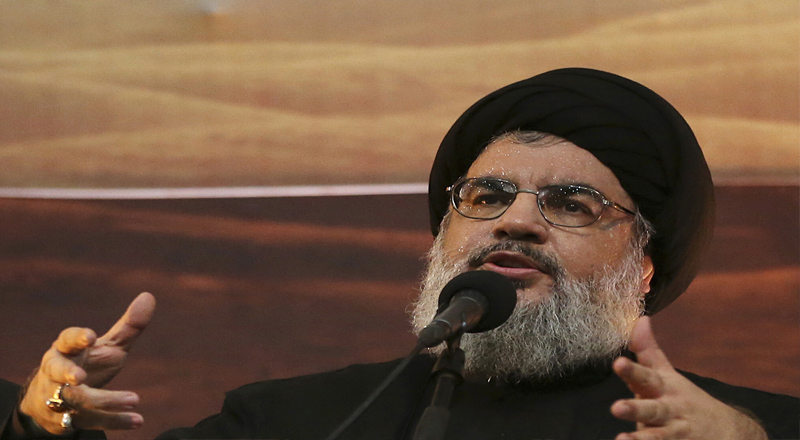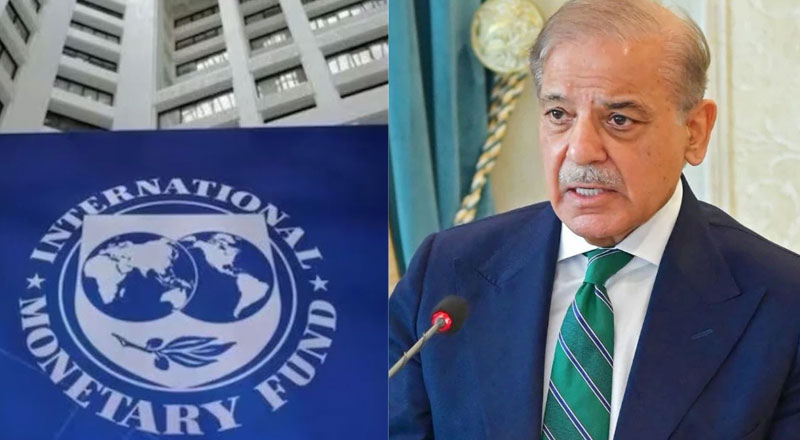- Israel’s military said it was on “very high alert” along its border with Lebanon on Friday, ahead of an expected speech from the leader of Hezbollah.
- Tensions continued to escalate ahead of the speech from Hassan Nasrallah, his first public comments since Hamas attacked Israel last month, stoking fears the conflict could become a regional one.
- On Thursday, Hezbollah – an ally of Hamas – attacked Israeli positions in the north with drones, mortar fire, and suicide drones.
- The Israeli military said it retaliated with warplanes and helicopter gunships.
- Israel earlier said it had surrounded Gaza’s biggest city as it intensified its drive to “destroy” Hamas.
- Mr Blinken left Washington for the Middle East, he said he would discuss concrete steps to minimize harm to civilians in Gaza.
Tensions continued to escalate ahead of the speech from Hassan Nasrallah, his first public comments since Hamas attacked Israel last month, stoking fears the conflict could become a regional one. On Thursday, Hezbollah – an ally of Hamas – attacked Israeli positions in the north with drones, mortar fire, and suicide drones. The Israeli military said it retaliated with warplanes and helicopter gunships.
Since the Gaza war began on October 7, Hezbollah has been taking calculated steps to keep Israel’s military busy on its border with Lebanon, but so far nothing of the extent to ignite an all-out war.
Israel earlier said it had surrounded Gaza’s biggest city as it intensified its drive to “destroy” Hamas. “We’re at the height of the battle. We’ve had impressive successes and have passed the outskirts of Gaza City. We are advancing,” Mr Netanyahu said in a statement after the military said it had encircled the seaside enclave’s main city.
With the conflict nearing the end of its fourth week, US Secretary of State Antony Blinken was meeting Israel’s Prime Minister Benjamin Netanyahu on Friday as the country’s military battled Hamas militants, who fought back with hit-and-run attacks from underground tunnels.
In a statement on Friday morning, the IDF announced the deaths of four soldiers bringing the total death toll for Israeli soldiers fighting in Gaza to 23.
As Mr Blinken left Washington for the Middle East, he said he would discuss concrete steps to minimize harm to civilians in Gaza. The White House, meanwhile, said any pauses in fighting should be temporary and localized, and insisted they would not stop Israel from defending itself.
Mounting casualties among Palestinian civilians, along with acute shortages of food, water, medicine, and fuel, have intensified calls by global leaders for a pause in fighting or a ceasefire.
Israel has dismissed those calls, saying it targets Hamas fighters whom it accuses of intentionally hiding among the population and civilian buildings. The White House has also rejected calls for a ceasefire.
Gaza health authorities say at least 9,226 people have been killed in Gaza since Israel launched its assault on the enclave of 2.3 million people in retaliation for deadly attacks by Hamas militants on southern Israel.
A group of independent United Nations experts warned that Palestinians in Gaza are at “grave risk of genocide”. “We call on Israel and its allies to agree to an immediate ceasefire. We are running out of time,” the group of UN special rapporteurs said in a statement.
Stéphane Dujarric, spokesperson for UN Secretary-General Antonio Guterres, said a determination of genocide could only be made by a relevant UN judicial body. Hamas terrorists killed 1,400 people, mostly civilians, and took more than 240 hostages in the attacks on October 7, the deadliest day of its 75-year-old history.
The White House said on Thursday it was looking into a series of pauses in the conflict.
The Rafah crossing from Gaza to Egypt was due to open for a third day on Friday for limited evacuations under a Qatar-brokered deal aimed at letting some foreign passport holders, their dependents, and some wounded Gazans out of the enclave. According to border officials, more than 700 foreign citizens – including an undisclosed number of Britons – left for Egypt via Rafah on the two previous days.
(With inputs from agencies)





